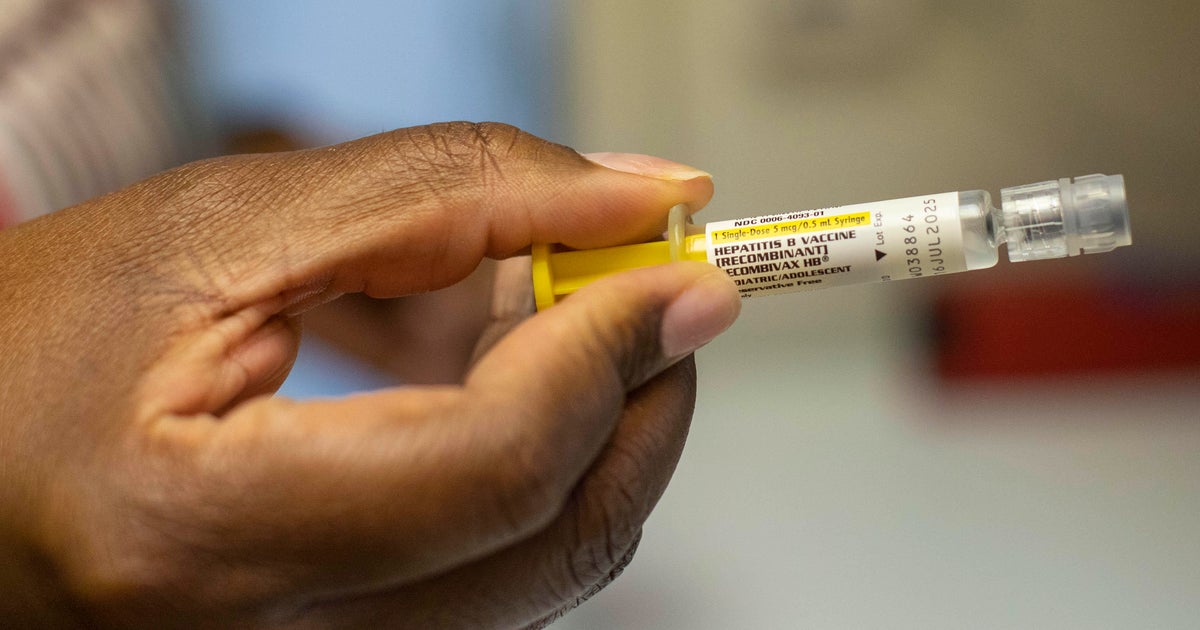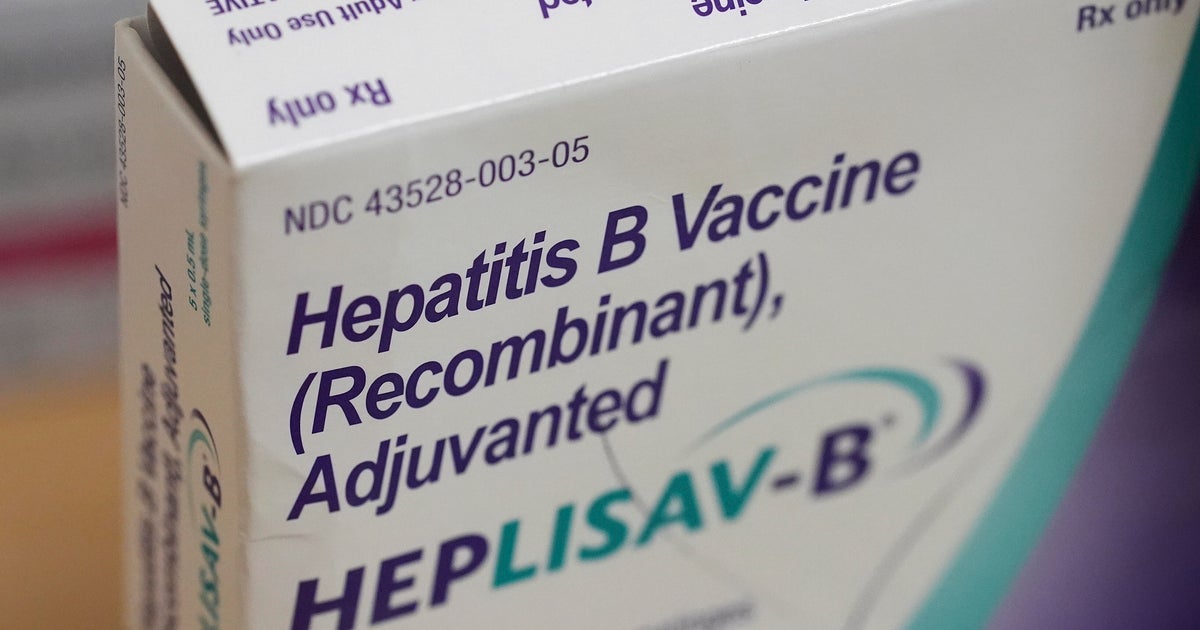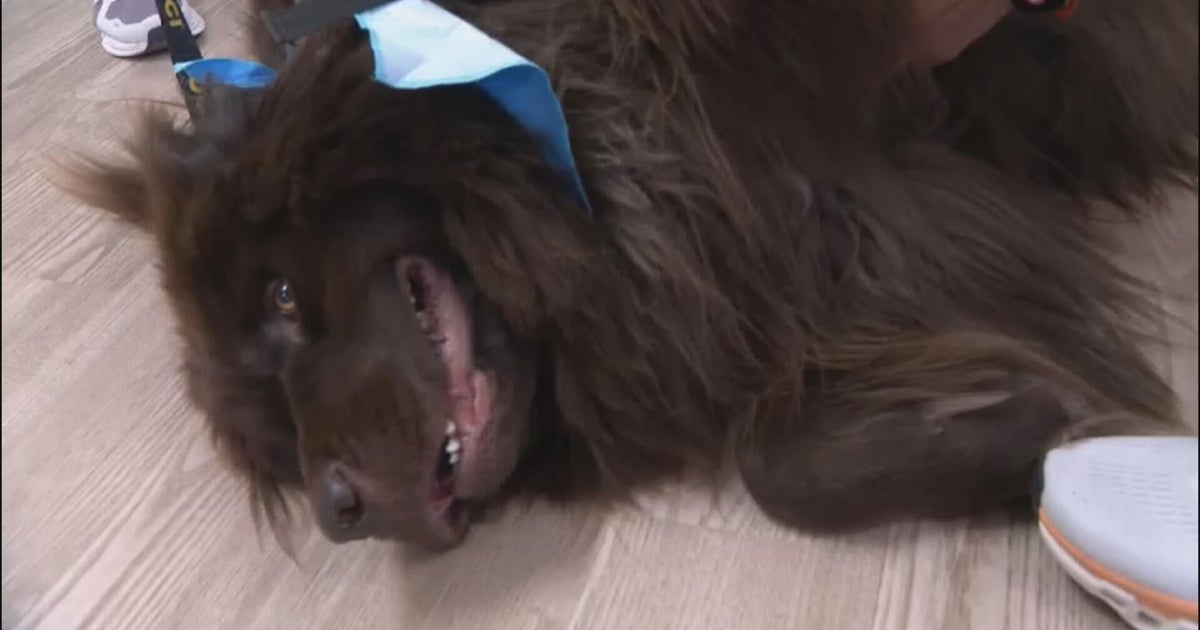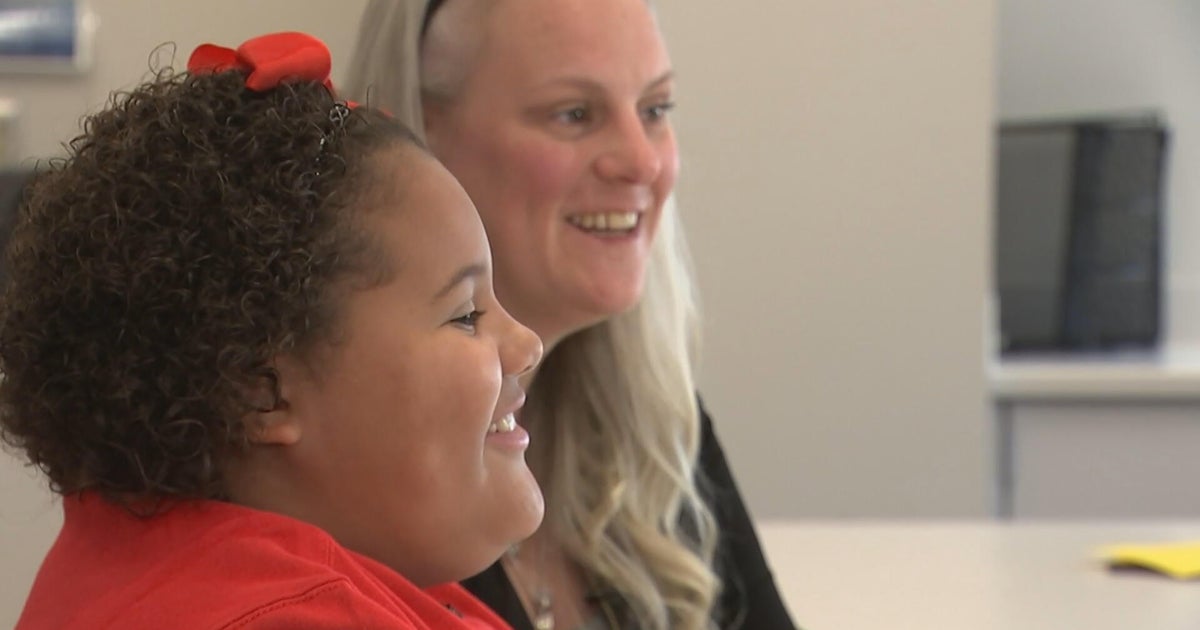Gene therapy for rare hereditary blindness marks "start of a new revolution" in medicine
An experimental gene therapy for a rare hereditary form of blindness is a step closer to reality. An FDA advisory panel voted unanimously Thursday to recommend approval of a groundbreaking treatment for people with a faulty gene that impairs vision. It would be the first gene therapy in the U.S. for an inherited disease.
The retinal disorder — Leber's congenital amaurosis, known as LCA — causes severe vision loss starting in childhood. Twenty-seven of 29 patients in the clinical trial saw functional improvements in their sight. Christian Guardino, 17, had the procedure four years ago.
"I've been kind of seeing new things and kind of experiencing new things and just like a 4-year-old is still learning how to use his vision properly I'm still learning how to use it today," Christian said.
His mother Beth says it's been "life-altering."
Dr. David Agus told "CBS This Morning" the treatment is "the start of a new revolution" in how we treat genetic disorders.
"You inherit two chromosomes, one from the mother, one from the father. In this case ... the parents had a mutation and its protein or gene didn't work and so they inherited a faulty one from each parent," Agus explained.
"So here they take a virus and put in a normal copy of the gene and they inject it into the white of the eye and then literally, days later, sight returns to most of the people in the trial," he said. "It really is something we dreamed of and talked about for decades but now it's happening."
While there are only about 2,000 people in the U.S. who are affected by this particular disease, Agus said there are hundreds of other disorders scientists are developing treatments for based on this type of therapy.
"There are another 500 disorders behind this where the people are developing treatments based on it. One shot and it's lasting up to four years now, hopefully it's forever," he said.
The replacement gene, Agus explained, comes from a normal individual. They take that normal copy and put it into a virus which delivers it to cells in the eye. Those cells then make the protein that's missing, allowing the retinal cells to go back to having vision.
In terms of the future of medicine, Agus said, "it means a lot."
"We're at the forefront of a next stage of medicine which is rewriting the code for good."







